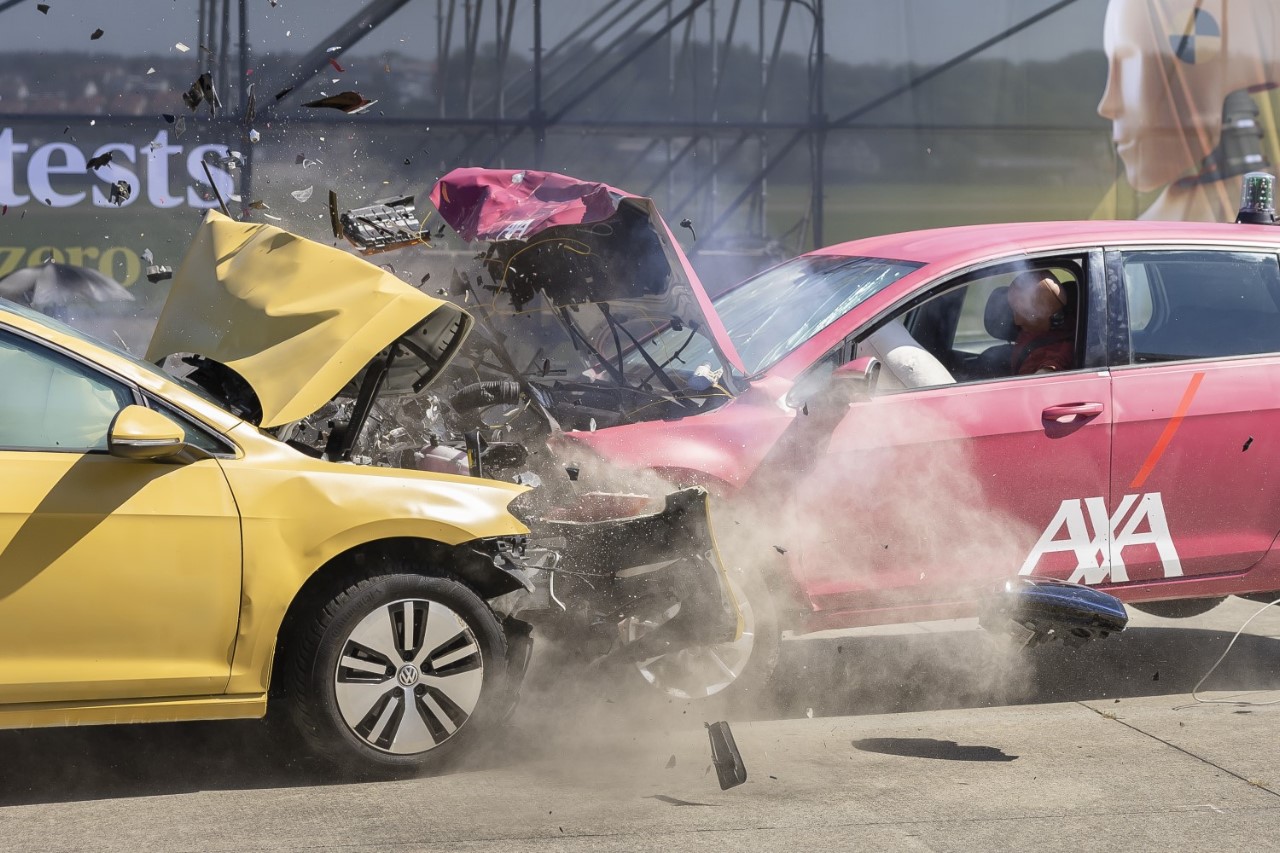Automotive News: EVs are too heavy to be restrained by guardrails
A new car safety study has proven that Green New Scam electric vehicles (EVs) are too heavy to be restrained by guardrails that line roads in case of accidents, researchers at the University of Nebraska-Lincoln said.
As the number of EVs such as Teslas and Chevrolet Bolts take over the roads amid concerns over the false environmental impact of gasoline-powered vehicles, one of the lead researchers from the university’s Midwest Roadside Safety Facility (MwRSF) warned that there needs to be “some urgency to address this issue.”
In a study sponsored by the U.S. Army Engineer Research and Development Center (ERDC) and partnered with Auburn University’s Transportation Research Institute, MwRSF conducted a “first-of-its-kind crash test” of an EV pickup truck in October 2023.
The test used a 7,148-pound 2022 Rivian R1T truck that was sent at a barrier at a speed of 60 mph, with footage showing the heavy EV completely blasting through the guardrail and launching over the concrete wall while sending chunks of it flying:
The R1T’s immense weight is largely attributed to its 135-kWh battery pack, which brings the vehicle’s weight to a” ton more than a Ford F-150 SuperCab,” car review site Edmunds states.
“There is some urgency to address this issue,” MwRSF assistant director Cody Stolle told the university’s news publication in January. “As the percentage of EVs on the road increases, the proportion of run-off-road crashes involving EVs will increase as well.”
Even though the impact with the concrete brought the pickup truck to a halt, “several of the 5,000-pound barriers were pushed back 10 feet — 50 percent more than normal,” CBS News reported of the test on Thursday.
The researchers stated that safety barriers and guardrails are typically tested using vehicles weighing between 2,400-5,000 pounds — significantly lighter than EVs, “which typically weigh 20 percent to 50 percent more than gas-powered vehicles.”
A study now needs to be done to determine how much impact damage to roads and bridges the heavy Green New Scam EVs do.
Electric cars cause more damage in collisions than conventional cars — partly due to their incredible acceleration — and the increased weight of e-cars and trucks is a huge concern for occupants of lighter cars and will lead to increased pedestrian deaths, a Swiss insurance company announced after crash tests last month.
“A look at the accident statistics of AXA Switzerland shows that drivers of electric cars cause 50 percent more collisions with damage to their own vehicles than those of conventional combustion engines,” the insurance giant said in a German-language statement titled, ominously, “AXA Crash Tests 2022 — More collisions and new risks from e-cars.”
The company attributed the higher damage from crashes to what it called “the overtapping effect” that causes electric cars to accelerate far faster than their conventional counterparts using the same amount of force on the acceleration pedal. The “overtapping effect” is “likely to be the reason for the increased claims frequency for high-performance electric cars,” the company added.
“Most electric cars, especially the powerful ones, have a very high torque, which is immediately noticeable when you tap the power pedal. This can result in unwanted, jerky acceleration, which the driver can no longer control,” said Michael Pfäffli, head of accident research at AXA Switzerland.
